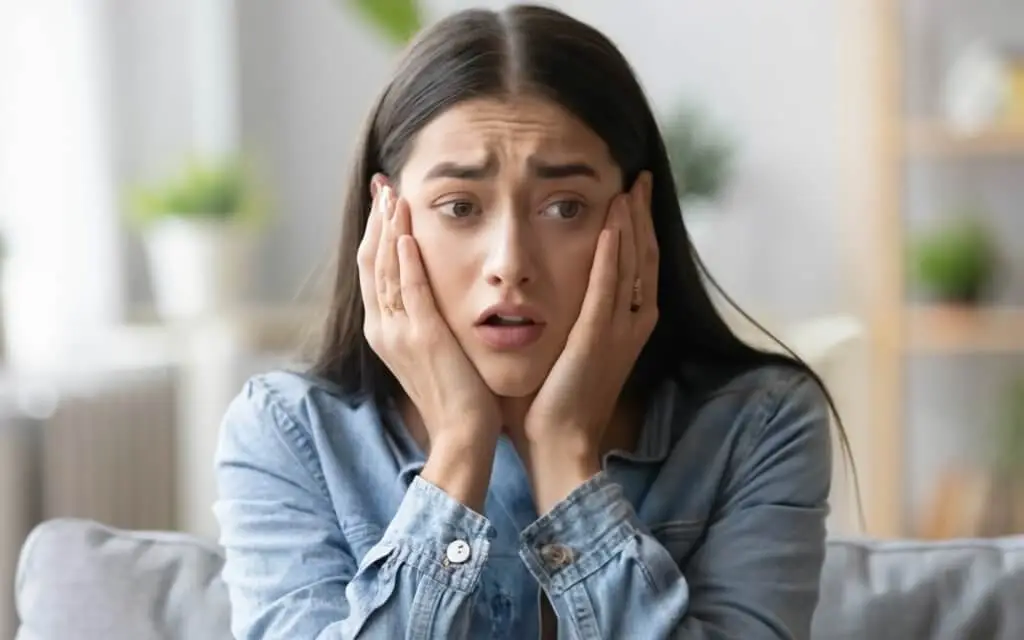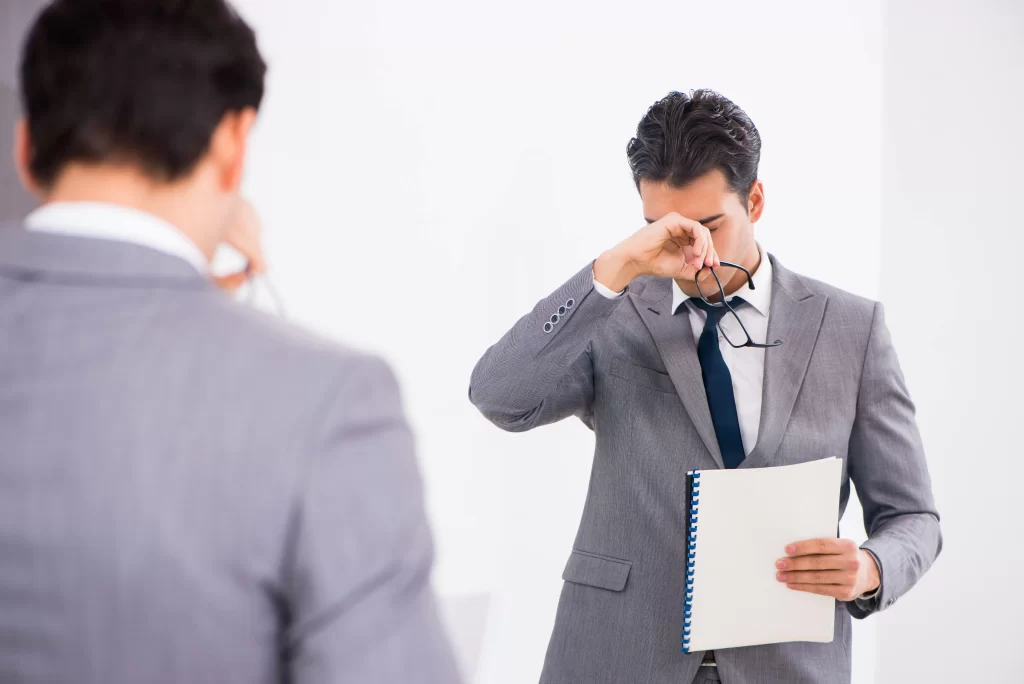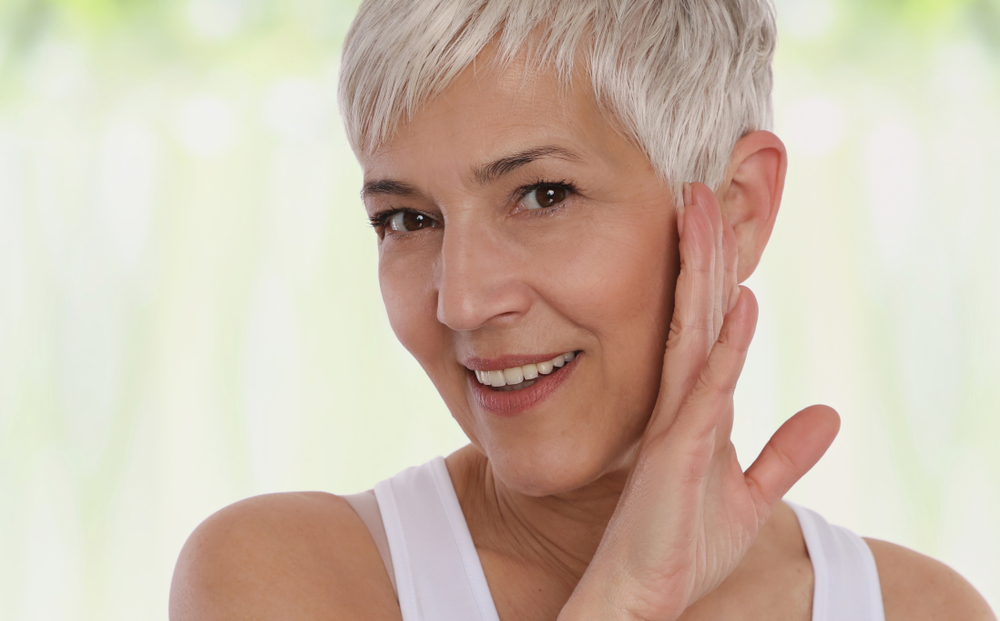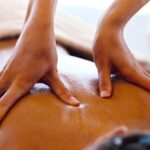Feeling stressed, worried or anxious? You’re not alone – anxiety disorders are the most common mental health issue in the U.S., affecting around 40 million adults each year. While medication and therapy can help, making positive lifestyle adjustments is also crucial for reducing anxiety naturally. In this post, we’ll explore five lifestyle strategies proven to help lower stress levels and promote relaxation.
Content
Practice Mindfulness Meditation Daily
Taking just 10-15 minutes a day to practice mindfulness meditation can go a long way in managing anxiety. Mindfulness involves focusing your attention on the present moment in a non-judgmental way. Studies show it can help calm a racing mind and lessen worry. Try incorporating coaching anxiety meditation into your routine for a more relaxed outlook.
Spend Time in Nature
Being outdoors has therapeutic benefits for both mental and physical health. Research finds that spending time in natural environments like parks can reduce stress, anxiety and depression. Aim to get outside for a short walk during your lunch break or after work whenever possible. Even looking at scenes of nature through a window can offer relief.
Adopt a Healthy Diet
What we eat affects our mood, so nourish your body with nutritious whole foods as part of an overall wellness plan. A balanced diet rich in lean proteins, healthy fats, complex carbs and fiber promotes optimal brain function. Limit caffeine, sugar and processed foods, which can trigger anxiety symptoms. Cooking more meals at home also helps you avoid anxiety-inducing additives and preservatives.
Get Quality Sleep
Sleep deprivation is a major cause of anxiety, so prioritize 7-9 hours of shut-eye per night. Establish a relaxing bedtime routine and avoid screens before bed, which disrupt sleep patterns. Also, try relaxation techniques like deep breathing, progressive muscle relaxation, or meditation in bed to help you unwind.
Practice Self-Care Activities
When anxiety strikes, it’s easy to neglect your needs. But making time for hobbies, social support, and other enjoyable activities is vital for mental well-being. Try yoga, journaling, spending time with friends or other stress-relieving pursuits. Learning to say “no” and prioritize downtime helps prevent burnout, which exacerbates anxiety.
Lifestyle changes take time and consistency to positively impact anxiety, so be patient and kind to yourself. Seek help from a medical provider or therapist if symptoms persist or interfere with daily life. But these natural strategies can help provide relief without medication when practiced regularly.

Carl Clay is a health blog author who has been writing about nutrition, fitness and healthy living for over 10 years. He also loves to run, hike and bike with her wife.














